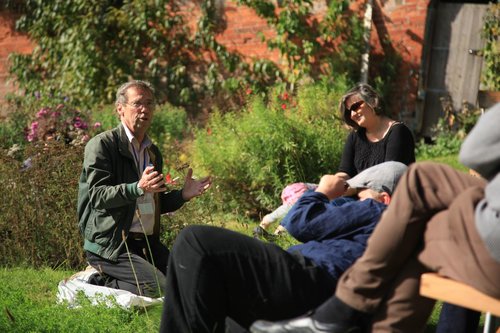Building Wellbeing Together: debrief
In September 2017, I was part of the delivery team for a major gathering on this theme, hosted by the Network of Wellbeing and Hawkwood College. This quasi-conference aimed to provide an overview of the wellbeing sector in the UK, and it’s a vibrant and encouraging picture. Among daily bad news, it’s great to hear … Read more






